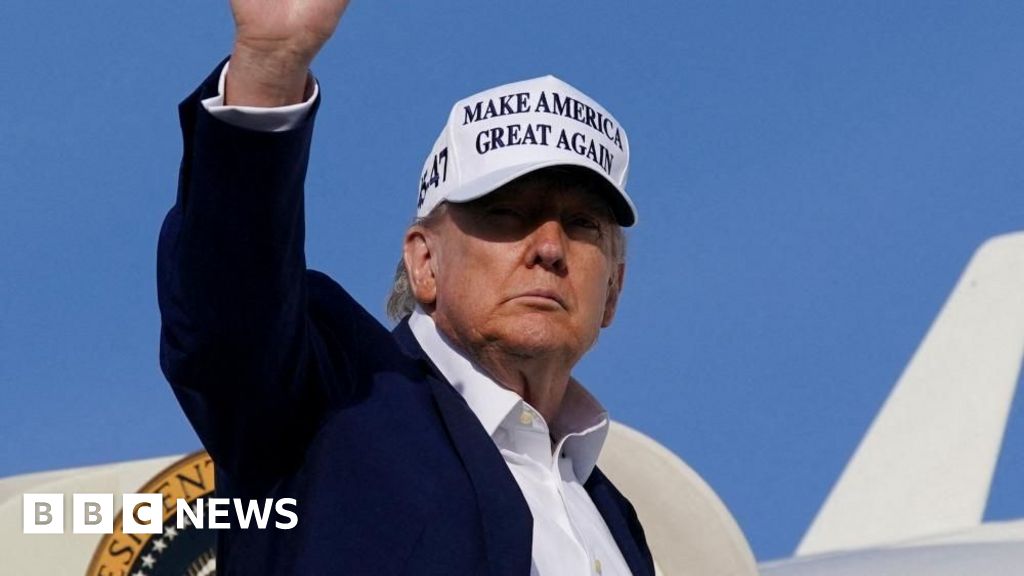A closely watched legal battle between the Securities and Exchange Commission and Coinbase took a new twist on Wednesday as the cryptocurrency exchange filed papers asking a New York federal court to dismiss the agency’s lawsuit that accuses the company of offering a dozen unregistered securities.
In a letter to U.S. District Judge Katherine Failla, Coinbase claimed the case should be thrown out in part because the digital assets it lists for trading are not “investment contracts”—one of a number of instruments, including stocks and bonds, that qualify as securities under U.S. law. If an asset in question is not a security, the SEC lacks jurisdiction to regulate it.
According to Coinbase, the tokens it sells can’t be investment contracts because buyers and sellers are simply assets that are not tied to any contractual obligation.
In an interview with Fortune, Coinbase’s top lawyer Paul Grewal compared the digital assets it lists—such as Solana and Cardano—to the oranges that were part of a famous Supreme Court case known as Howey that set out the criteria for determining an investment contract.
The Howey case involved the sale of real estate parcels in Florida that came with orange groves, and promised the purchaser income from the sale of the fruit. The developer claimed the transactions were simply real estate sales and not securities, but the Supreme Court rejected the argument in part because the deals involved profits derived from the efforts of others.
Coinbase’s position is that, in the case of the tokens for sale on its platform, any investment contract occurred at an earlier stage—and took place between the creator of the tokens and those who bought them in the first place.
Grewal emphasized that Coinbase has an internal vetting process under which more than 90% of all tokens are ineligible for sale.
In its legal filings, Coinbase also invokes the theory, put forth by a former senior SEC official, that tokens that were once securities can cease to have that status as the blockchains that host them become increasingly decentralized.
Coinbase’s argument that its listed tokens are simply assets and not investment tokens has not been seriously tested in U.S. courts, where the law around cryptocurrency is relatively new and still evolving.
In making the case to throw out the case, Coinbase is also relying heavily on a so-called “fair notice defense” that is based around the constitutional principle the governments cannot initiate prosecutions if they have failed to let people know about the relevant law at issue.
In its filings—which include a short letter to Judge Failla and a 177 page formal answer to the SEC’s complaint—Coinbase relies heavily on SEC Chairman Gary Gensler’s own public comments that, prior to 2021, imply that he believed the agency lacked the legal authority to regulate crypto, and on the SEC’s own reference to a “regulatory gap” in the field.
Coinbase’s request to throw out the case comes as the SEC’s lawsuit poses an existential threat to it and other U.S. crypto companies.
A ruling on the dismissal motion is likely to come towards the end of 2023. Coinbase’s attempt to win the case at this stage is likely a long shot as the burden to show that a court should not hear a case is a high one.
It is more likely the case will be decided at the so-called summary judgment stage, where both parties make arguments based on a full body of evidence. Any summary judgment would probably take place in 2024.
Credit: Source link









